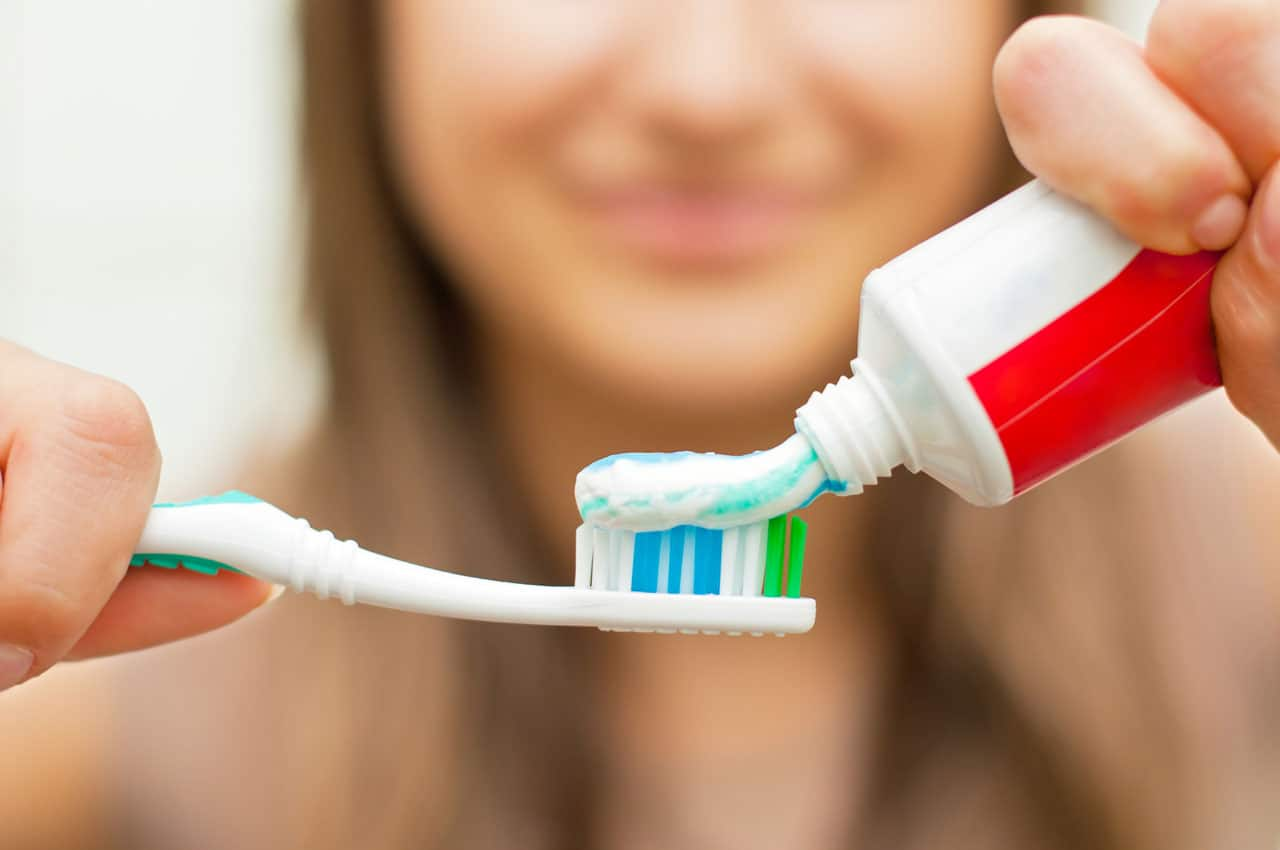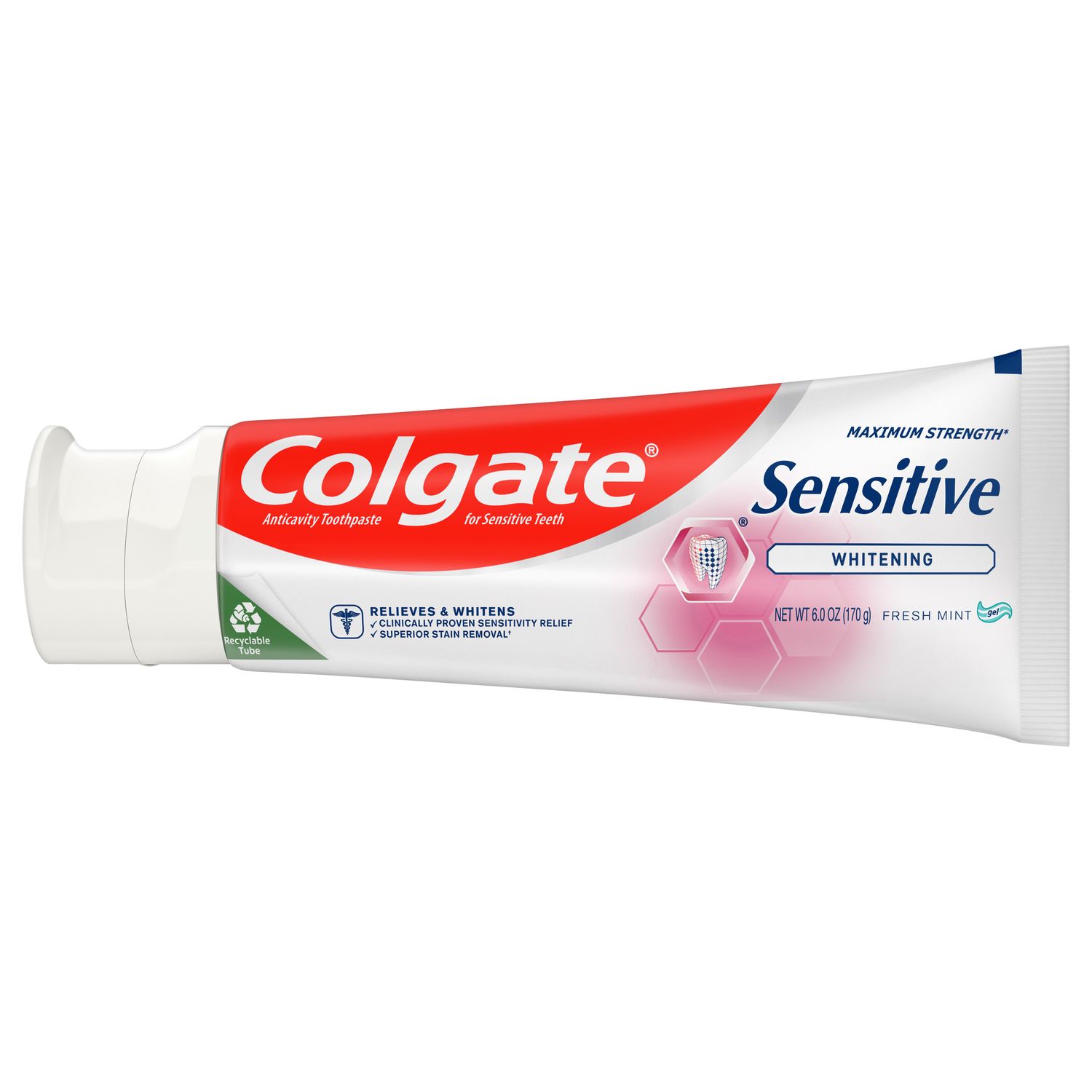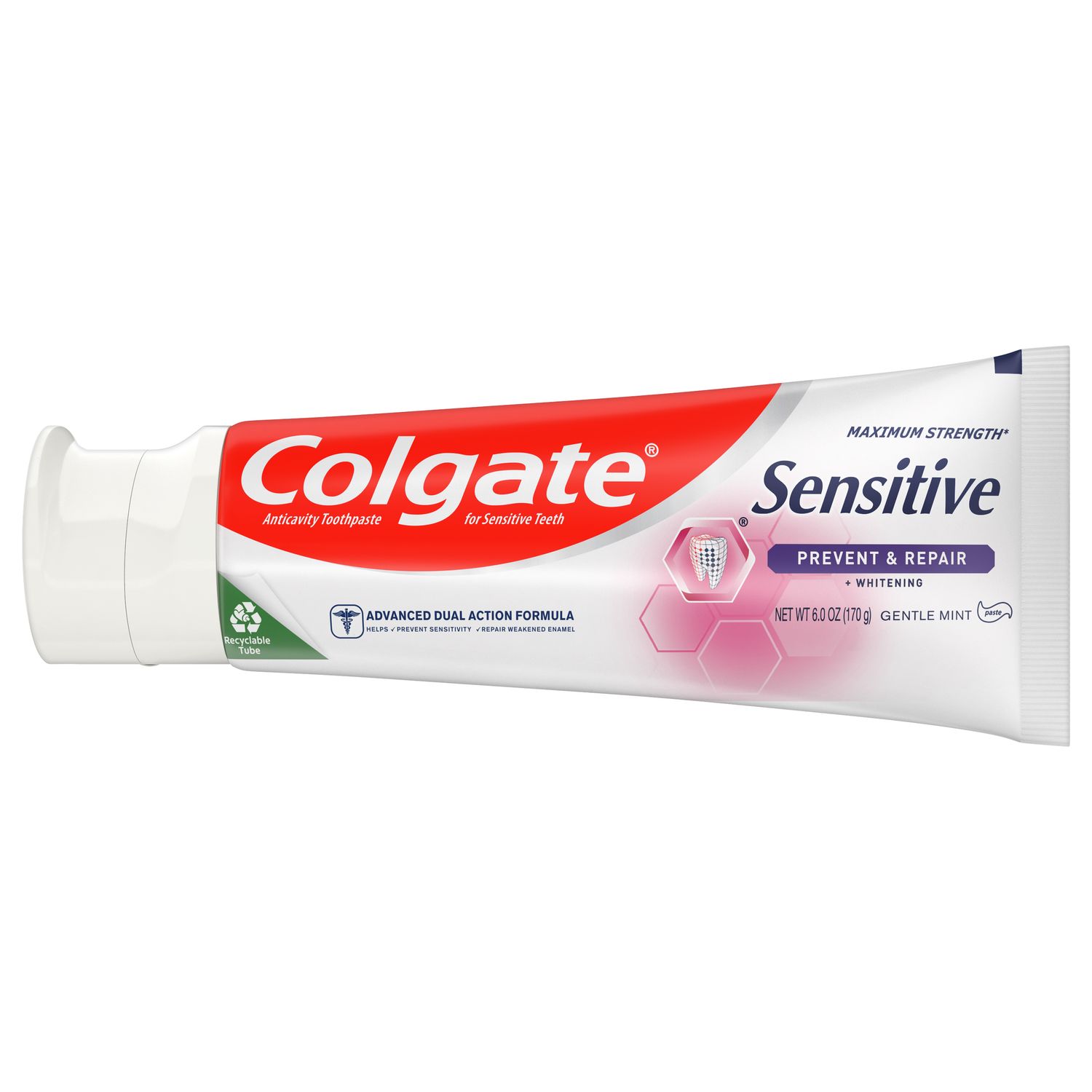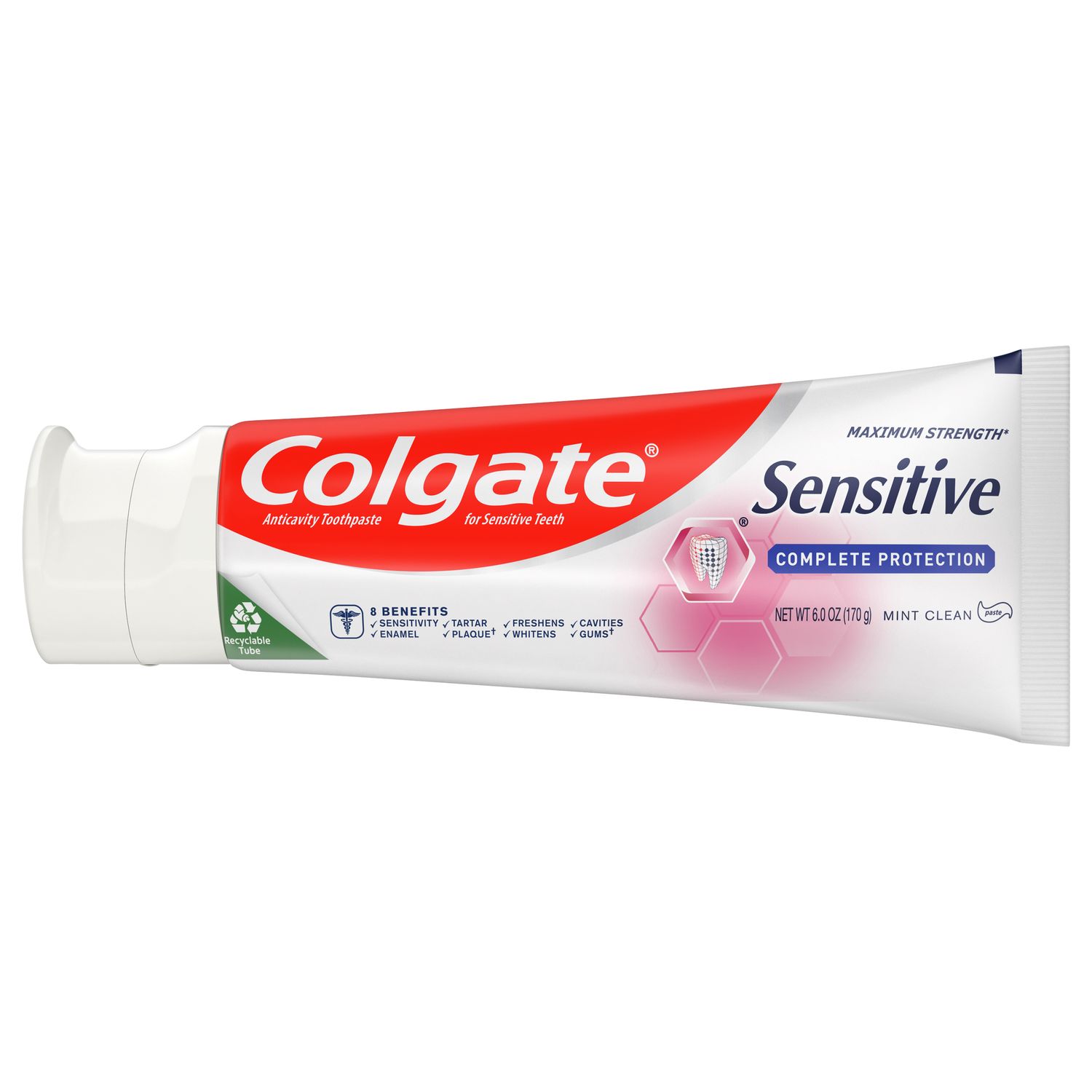Tooth Sensitive to Hot and Heat?
If you find your tooth is sensitive to heat or hot temperatures when eating or drinking, it usually means your dentin is exposed or irritated. The dentin is the layer of your tooth beneath your enamel. It has tubules that connect to the nerves of the tooth and are responsible for all sensations in your tooth when you chew, including pain. If your enamel is weakened or your gums recede, it can expose the dentin and make your tooth sensitive to heat.
Tooth Sensitive to Cold?
Your tooth may also be sensitive to cold when the dentin is exposed or irritated. You may experience a gnawing aching sensation or a sharp pain when you drink cold drinks or eat ice cream. Sometimes a tooth is sensitive to cold after a whitening treatment. Whitening teeth can temporarily remove minerals in the dentin. Once minerals are restored by brushing with fluoride, then your tooth might not be sensitive to cold anymore. Try to avoid hot and cold drinks after whitening. Teeth whitening isn’t the only thing that may make your tooth sensitive to hot and cold.
There are various potential causes for your tooth sensitivity, like:
Tooth decay. According to the World Health Organization (WHO), tooth decay levels are exceptionally high in the United States and the rest of the Americas due to the level of sugars and fermentable carbohydrates consumed here. When those things aren't cleaned off your teeth, bacteria feed on them and form plaque. Tooth sensitivity to hot and cold foods is often a warning sign that a cavity is forming and that it's time to make an appointment to see your dentist.
Worn tooth enamel. The outer layer of your teeth is a protective surface called enamel. Unlike cavities, erosion is not caused by bacteria. Enamel can erode from an acidic or sugary diet as a result of acid reflux, bulimia, chronic vomiting from pregnancy, alcoholism, it can become weaker as you age, and chlorine can erode your teeth if you're a regular swimmer. According to the American Dental Association, there are also industrial and occupational risks that can wear away tooth enamel.
A cracked tooth. A chipped or cracked tooth can expose nerves inside your tooth, and can make your tooth sensitive to hot and cold.
Worn or loose fillings. If a filling becomes worn, cracked, or loose, it may no longer be effective in protecting the nerves under the area of tooth decay.
Gum disease. According to the Centers for Disease Control and Prevention (CDC), almost half of adults in the US over 30 have gum disease. This bacterial infection can cause inflammation of your gums and tooth sensitivity. If untreated, the condition can affect the tissue and bone that support your teeth, causing them to loosen or even fall out.
Gum recession. When your gums recede, the cementum layer covering your roots can wear away, and the sensitive dentin layer which is underneath becomes exposed. Again, this can make your tooth sensitive to hot and cold. Some gum recession causes include gum disease, overzealous brushing, tobacco use, misaligned teeth, tooth grinding, and orthodontic work.
Infection. In some cases, sensitivity can be the result of an infection deep into the tooth. If this is the cause of your sensitivity, your dentist may suggest a root canal. According to the American Association of Endodontists, "25 million root canal procedures are performed every year."
What You Can Do to Treat Tooth Sensitivity
In some cases, the causes of tooth sensitivity can be reversed by practicing good oral hygiene. Brush at least twice a day. Floss or clean between your teeth with interdental brushes or water flossers at least once a day; use an antimicrobial mouthrinse and a tongue scraper. And be sure to see your dental professional for regular checkups so they can catch any developing conditions early.
Depending on the cause and severity of the condition responsible for your tooth sensitivity, your dental professional may recommend a toothpaste or mouthrinse for sensitive teeth. These products contain ingredients that can help you numb your nerve endings and strengthen your tooth enamel. This may help if your tooth is sensitive to hot and cold.
When Should You Get Professional Treatment?
The American Association of Endodontists (AAE) suggests seeing your dental professional if your sensitivity lingers more than 30 seconds after coming in contact with an extreme temperature or if your tooth pain is ongoing or severe. These are all signs that you could have a cavity, exposed nerves, infection, or gum disease that's severe enough that you'll need professional treatment, which may include:
An inlay, bonding, or crown placement. If you have a fractured, damaged, or decaying tooth, your dental professional may repair it with one of these procedures.
Application of fluoride gel. Fluoride gel will strengthen your tooth enamel and reduce the number of pain signals sent to your brain.
Root canal procedure. Your dental professional may perform a root canal procedure to remove infected or inflamed tooth pulp in the center of the tooth where the nerves and blood vessels are. Then, they will fill and seal it.
Surgical gum graft. If your gums have receded, a small amount of tissue can be removed from the roof of your mouth and grafted to your gumline.
If your tooth is sensitive to heat or you experience sensitivity in your teeth when you're trying to enjoy hot or cold treats, the good news is your condition is treatable. By practicing good oral hygiene, you may be able to reverse the condition on your own. And if you have tooth sensitivity to hot and cold that is ongoing or concerns you, don't wait for your next checkup. Get in for an appointment right away. Your dental professional will be able to diagnose the cause and give you the treatment you need so you can get back to enjoying food and beverages of any temperature. Now that's something to smile about.
This article is intended to promote understanding of and knowledge about general oral health topics. It is not intended to be a substitute for professional advice, diagnosis or treatment. Always seek the advice of your dentist or other qualified healthcare provider with any questions you may have regarding a medical condition or treatment.
ORAL HEALTH QUIZ
What's behind your smile?
Take our Oral Health assessment to get the most from your oral care routine
ORAL HEALTH QUIZ
What's behind your smile?
Take our Oral Health assessment to get the most from your oral care routine














